
OR
Timely medication with the onset of HIV prevents development of AIDS
Published On: December 2, 2023 09:00 PM NPT By: Pabitra Sunar

344 people die from AIDS every year in Nepal
KATHMANDU, Dec 2: Human Immunodeficiency Virus (HIV) is transmitted from one person to another through unprotected sex, sharing needles between drug users, blood donations, and blood transfusion. If HIV transmitted in this way can be identified at the beginning, no person will have to die from Acquired Immuno Deficiency Syndrome (AIDS) and can live a long life like other chronic patients. However, due to negligence of this issue, many people infected with HIV develop full-fledged AIDS and subsequently die.
According to the latest statistics of the National Center for AIDS and Sexually Transmitted Diseases (STD) Control (NCASC), 344 people die from AIDS every year in Nepal. According to experts, any person with AIDS is initially infected with HIV. But if not treated in time, the virus will grow and lead to AIDS. After reaching the first, second, third, and fourth stages of this process, they reach the state of AIDS. In this case, even the drugs against virus suppression are not beneficial and lead to death.
Fever, weight loss, and diarrhea are the initial symptoms of HIV-infected people, and these symptoms along with various other diseases suggest the stage of AIDS. As soon as the first symptoms appear, the doctor suggests that HIV should be tested and medication taken if the result is positive.
People infected with HIV reach the stage of AIDS if they fail to identify HIV in the initial stage. Other reasons include not taking regular medication after being aware of HIV, and stopping the medication after starting the medication. Antiretroviral (ARV) drugs should be taken regularly by HIV-infected people. This drug suppresses the HIV virus in the body and prevents the virus from becoming active. Even now in Nepal, due to social stigma, shame, and hatred, people at risk do not go for HIV tests on time. Nepal’s open border with India, foreign employment, social stigma, discrimination, hatred among others have posed a challenge in AIDS control, says Lokraj Pandey, information officer at the NCASC.
According to Pandey, people who have gone abroad do not get anti-HIV drugs. Even those who take medicine from Nepal are forced to discontinue after finishing their stock.
Those who are working abroad are vulnerable and develop AIDS because of late identification of HIV status.
Due to these challenges, the government's target of controlling AIDS by 2023 has become a challenge.
According to statistics, only 24,500 HIV-infected people are taking ARV regularly out of 30,000 infected people in Nepal. According to the center, a total of 5,500 of them are not receiving any kind of treatment.
The government of Nepal has set a target of delivering ARV to 95 percent of HIV-infected people in Nepal by the year 2026.
Despite a 77 percent decline in HIV infection rates and an 80 percent reduction in AIDS-related deaths from 2010 to 2022 in Nepal, concerted efforts are needed to eliminate the social barriers preventing widespread testing and treatment.
Speaking at a function organized on the occasion of the 36th World AIDS Day, marked with the slogan ‘To End AIDS, Let Communities Lead,’ Health and Population Minister Mohan Bahadur Basnet called for community participation. Prime Minister Pushpa Kamal Dahal expressed condolences for AIDS victims, expressed well wishes for those infected, and urged collective engagement in the campaign.
You May Like This

Elton John AIDS fundraiser brings in $6 million for Kenya HIV testing
Elton John on Wednesday hosted a celebrity-packed gala that raised more than $6 million to fight HIV/AIDS in Kenya, thanks... Read More...
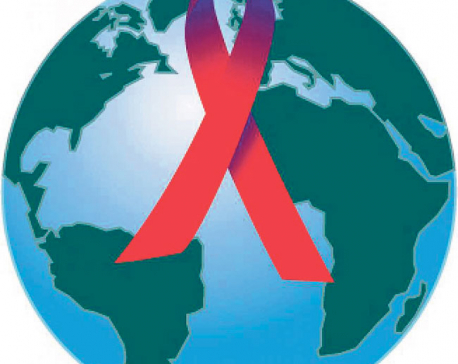
Men less likely to test for HIV than women, at higher risk of dying of AIDS
Around the world, fewer than half of HIV-positive men are getting treatment, compared to 60 % of women, according to... Read More...

HIV AIDS infection reduced by 40%: UNAIDS
KATHMANDU, Dec 1: The National HIV Strategic Plan 2016 – 2021: “Nepal HIVision 2020,” was launched in Kathmandu on World... Read More...

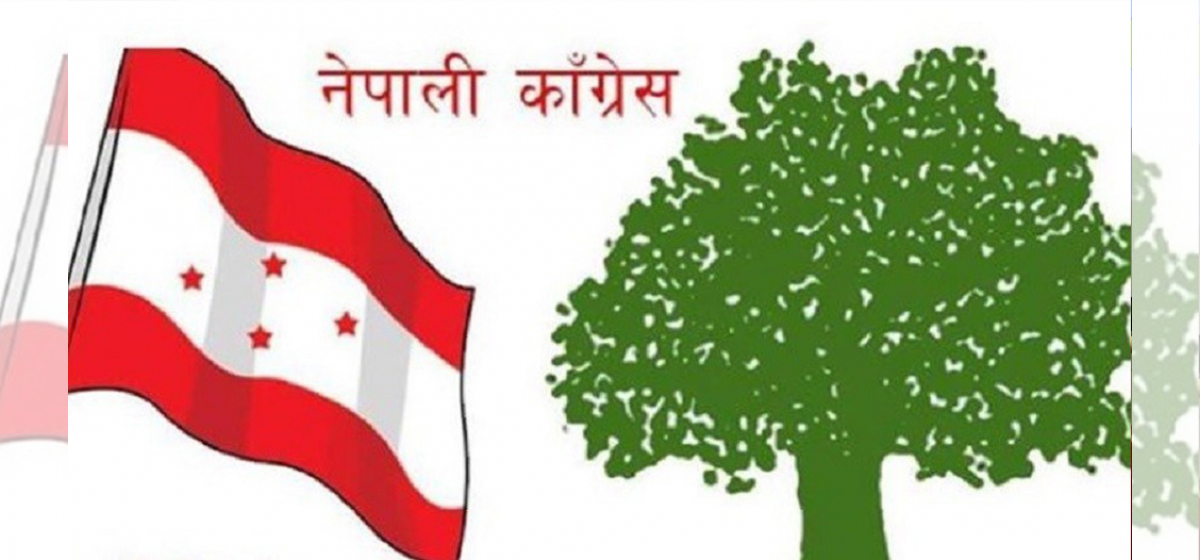

Just In
- Wildlife conservation turns challenging, 21 rhinos die in 10 months
- Baglung-Beni road section expansion: Traffic halted for whole day till May 18
- NC to allow Home Minister Lamichhane to speak in parliament
- Argentina to carry out "targeted" vaccination against dengue
- Two arrested from Durbarmarg with Rs 9.8 million in cash with undisclosed source
- Justin Bieber and Hailey Bieber are expecting a baby, renew their vows
- Construction of alternative road in Lo Manthang section of Mustang completed
- Gold dearer by Rs 2,300 per tola




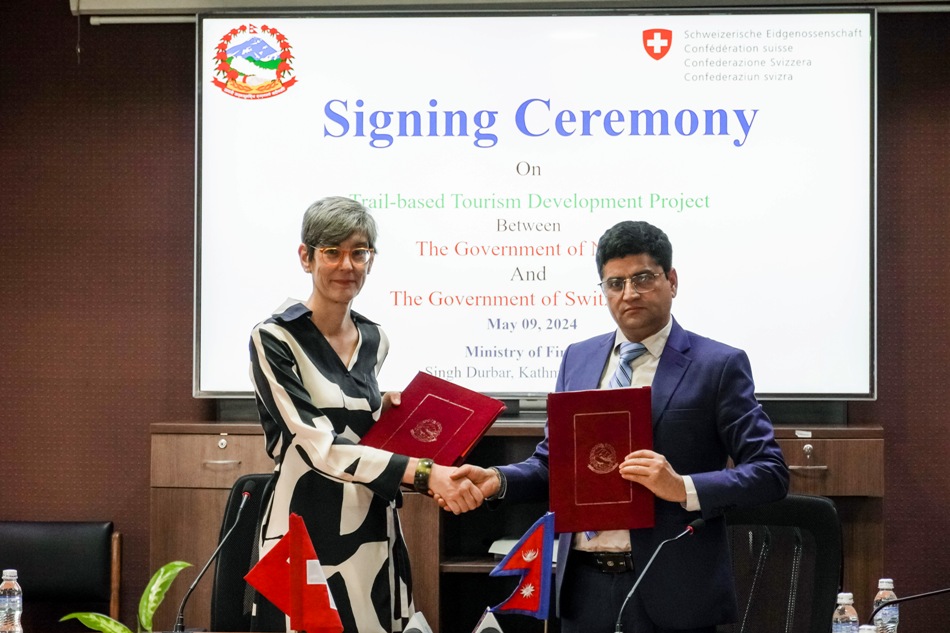

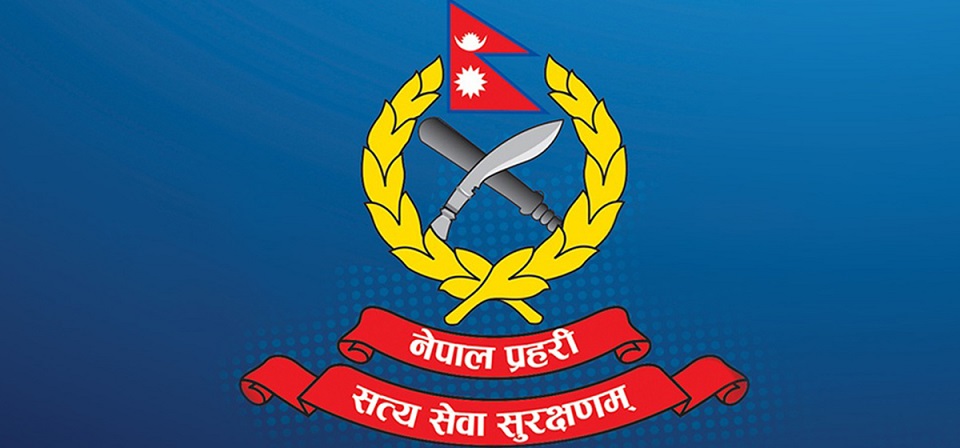



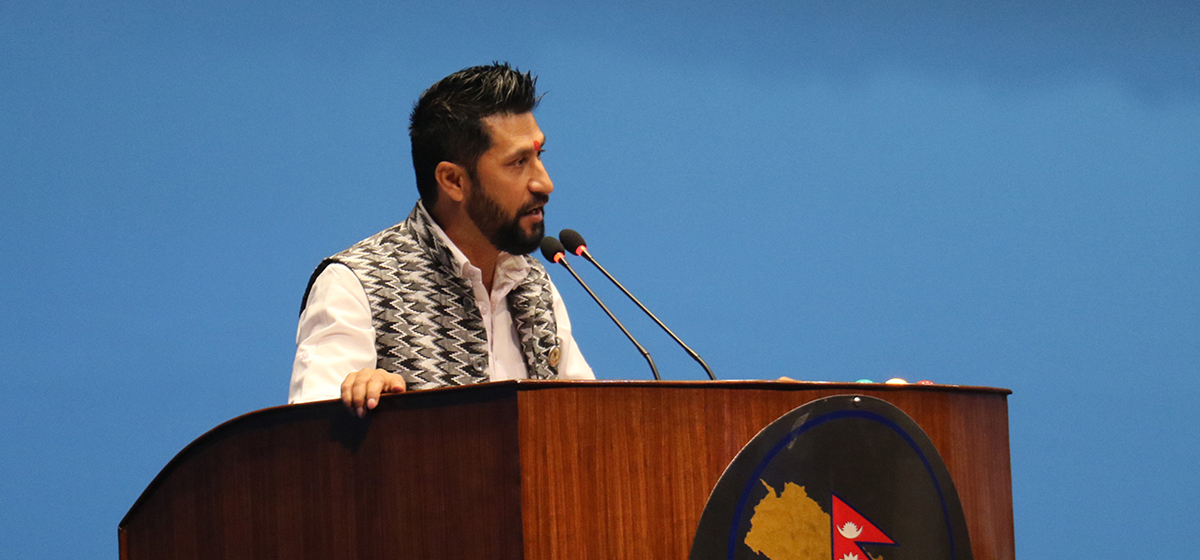



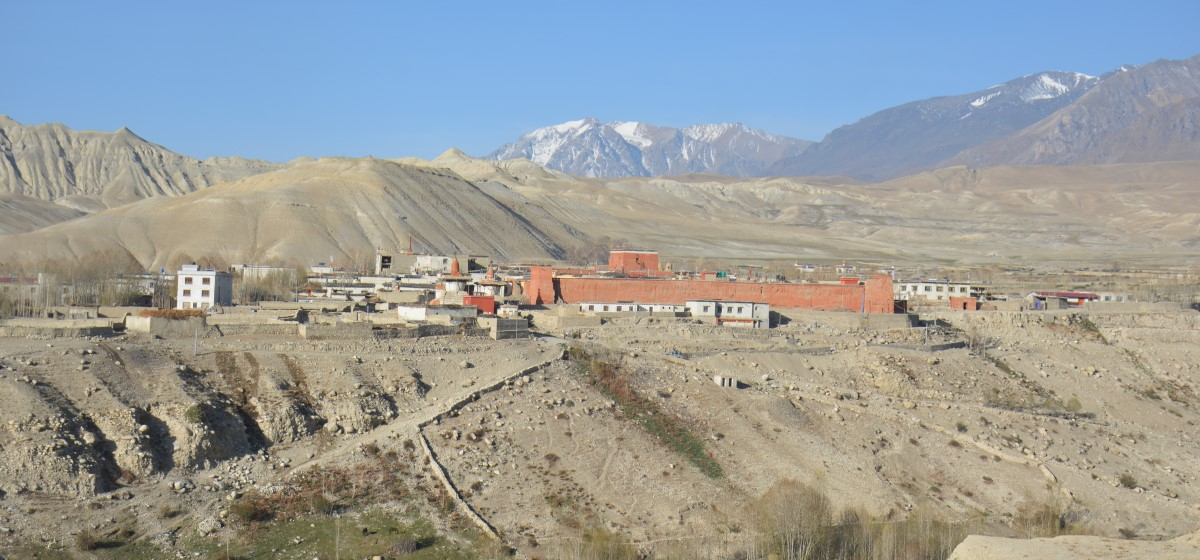
Leave A Comment